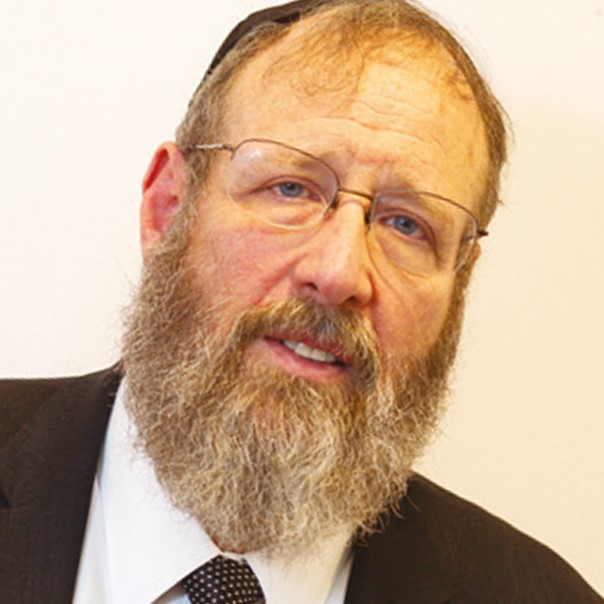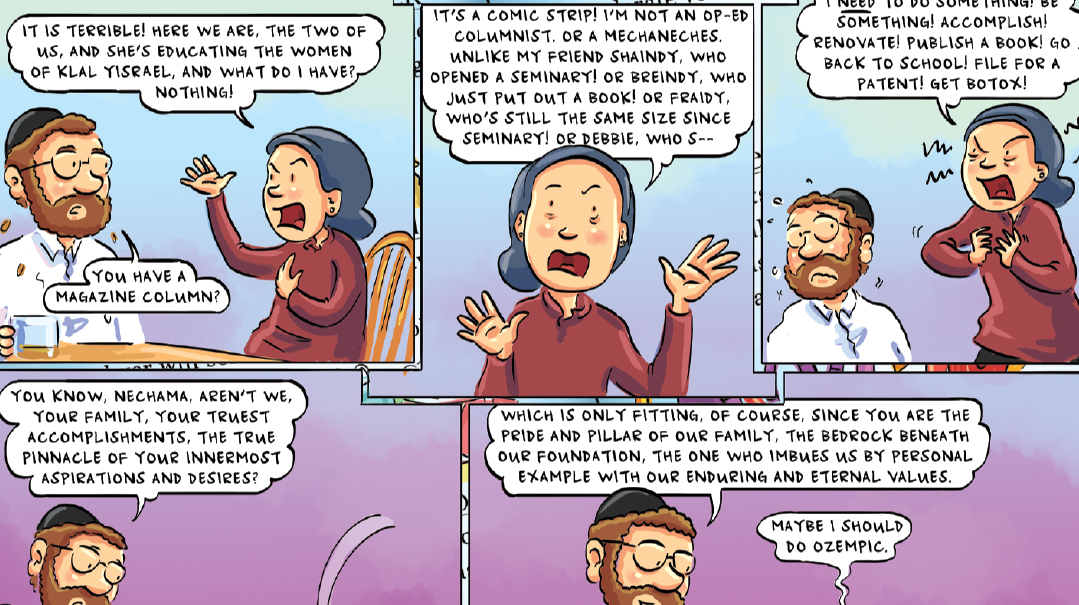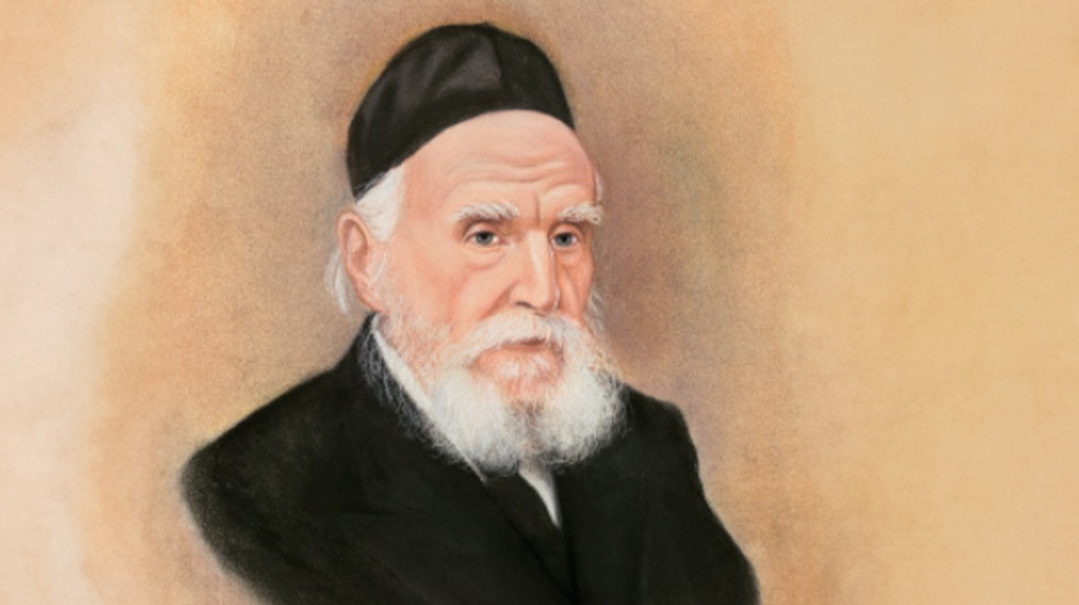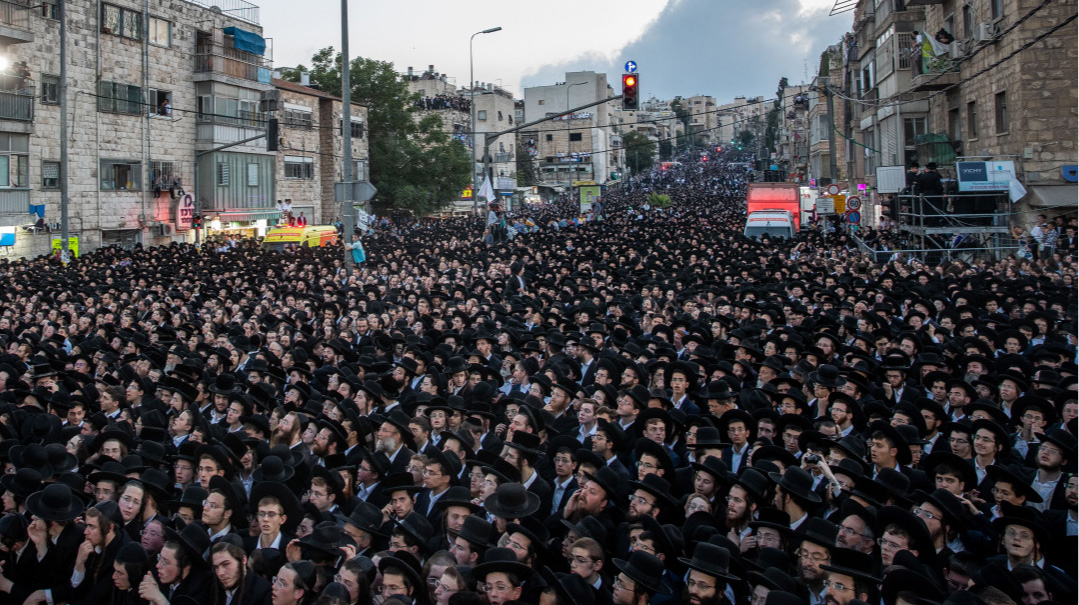Yeshivos for Eternity

Today, to a large degree, our yeshivos are the bedrock of all our Yiddishkeit
Is a popular family magazine the place to discuss the state of our yeshivos today?
If the discussion focuses on “what and how yeshivos ought to do,” the answer is an emphatic no. First, even if this were a secular professional issue, it’s a bit presumptuous for a lay audience — with varying degrees of understanding about the topic — to read an article and then conduct spirited discussions about “how to.”
Second, a broad public assessment of the yeshivah system, with “how to” recommendations, is misplaced because there is no “central yeshivah board” that sets policy. Each yeshivah is its own entity headed by its Rosh Yeshivah (who may still have his own rebbi that he looks to for guidance). And it is the independent nature of each yeshivah that allows for growth and diversity within the greater system. In the end it is parents who choose a particular yeshivah, thereby signaling agreement.
If, however, the point of an article is meant to focus on us parents who bear responsibility toward our yeshivah-aged children, then, especially once a discussion has already started, it is only right that some points be clarified.
There is another difficulty that arises when this sort of issue is presented in the “news format.” A person feeling deeply disappointed with his (or his child’s or his friend’s) lack of progress may find it important to cry out in the media. But people who are satisfied and doing well will rarely — if ever — write in to share the good news. Honestly, do we ever expect a letter to the editor saying, “Baruch Hashem, I’m learning and shteiging and doing well”? This imbalance can distort reality and sensationalize problems beyond their true proportions.
This is also true of the visibility factor: A thousand bochurim sitting and learning well will have a very small visual “footprint.” But 20 rowdies carousing and drinking and vaping make a very big splash.
Still, once the issue has been raised, it is important that we address it — as parents whose children attend or will attend yeshivos. But it is worth noting that even this must be with the awareness and sensitivity that today, to a large degree, our yeshivos are the bedrock of all our Yiddishkeit.
Yeshivos present themselves in varying formats; some of the differences are ideological, some pedagogical.
Many ideological differences in yeshivos are analogous to Chavakuk coming and establishing “all of Torah on one principle” (Makkos 24a). The Maharal explains that Chavakuk did not, Heaven forbid, diminish Torah. Rather, he taught that Torah must be conceived as a single trunk branching out with many branches and twigs, in keeping with HaKadosh Baruch Hu’s identity as One. And emunah is that core trunk. All mitzvos are pathways that lead from it and to it.
This concept of a “core principle” is actually the root of the many legitimate and diverse groups in Yiddishkeit. Shall the core principle be “Talmud Torah k'neged kulam,”or “dveikus to Hashem,” or “va'ani tefillah,” or “ein od milvado,”or “kiddush Hashem”? So long as these are understood to include all of Taryag Mitzvos, to the exclusion of none, they are all valid.
This approach has enriched Klal Yisrael immensely. It has also served a very useful pedagogical purpose. Inspiring young men — especially teenagers — requires a focal point. “Everything is important” is just not an effective rallying battle cry for a young man. As much as balance speaks (as it should) to the mature adult, single-mindedness speaks to the teen and young adult.
Often for a teen to flourish, he needs a passion for a very sharp and specific goal. As time goes on, and a bochur matures, that core principle usually becomes the gateway for a broader vision of avodas Hashem.
Thus the chinuch at the yeshivah gedolah age will tend to be a bit distorted: a very heavy emphasis on some things, with shortcomings in other areas. And performance during the yeshivah years will also tend to be uneven. The real test is in the finished product. Is it appropriately balanced? Are there still glaring shortcomings?
Additionally (although each individual bochur needs his own personal analysis), there are many valid reasons to keep a bochur in a yeshivah even if he’s seemingly an “underperformer.” A short list of possibilities: 1) It takes time for the learning process to permeate even a typical, well-adjusted bochur. 2) Many bochurim have maturity issues, and until a bochur matures, it is difficult for the yeshivah’s message to take root. 3) Switching a bochur to a non-yeshivah environment tends to compound the problem.
Let us elaborate a moment on this last point. For most of history, Torah-observant society was generally a very closed environment, and work was physically exacting. This meant that a young boy who left yeshivah for the workplace could be reasonably expected to remain an erliche Yid. He would work hard as a cobbler, tailor, or the like, and during any downtime was expected to daven and say Tehillim. There was little else to do.
That picture is so far from today’s reality. A serious boy likely can, upon leaving yeshivah, find a profession that is honest and demanding, fulfilling the “yegias shneihem mashkachas avon” — the kind of work that provides some sort of safety net against sin. But many young men will be drawn to occupations that don’t have this quality. And secular society as a whole, and particularly many endeavors outside of the yeshivah, do not foster our values of integrity and morality.
One needs to seriously ponder what will keep these bochurim motivated in Yiddishkeit if they are not in a yeshivah environment. It recalls Orthodox America before the yeshivah revolution made it a given that every young man would go to yeshivah; it was a doomed society breathing its last.
Yes, some of the “unfinished products” of yeshivos seem at times distorted and unbalanced. But if one looks further down the road, most of those same young men will become erliche bnei Torah, some of them even talmidei chachamim of note.
Still, while it is appropriate to look at the big picture properly and acknowledge its overall success, we cannot ignore that there is an increasing number of bochurim for whom things in yeshivah do not go well, and even later in life it don’t get better. The struggle of each individual precious neshamah must cause us pain. And beyond that, as the numbers of this demographic increase (even if only due to population increase), their struggles threaten to become a larger social phenomenon, drawing in other boys. At some point the nonperforming bochur ceases to be a “problem;” rather he is considered “cool” and a source of admiration.
As with every complex issue, there are usually numerous factors at play. But I want to focus on two points most relevant to us as parents.
1) Our job as parents does not stop at delivering a bochur to yeshivah. We need to keep our eyes, our ears, and — most importantly — our hearts open. Yes, there are youthful exuberances and indiscretions that are part of the growing process of a teen. But I, as a parent, must ask myself, “Do I feel that my son is undergoing a ruchniyusdig awakening, or not? Do I feel that he is beginning to get a chiyus in learning / davening / shmiras hamitzvos?”
And if the answer is no, then at some point one must come to the conclusion that a change of environment is necessary.
2) A more core issue is the issue of initially choosing a yeshivah. Baruch Hashem, today we want our children to be choshuve talmidei chachamim. We also want to be able to say with pride, “my son learns in such-and-such prestigious yeshivah.”
There is a lot of “lishmah” in this, but unfortunately also a not insignificant amount of shelo lishmah. In all cases this mindset leads to poor decision-making on our part as parents. Too often, a parent pushes a child into a yeshivah that is prestigious, but a poor fit. Yes, you can then tell people that “my son is in this choshuve yeshivah,” but if he is rotting away, then you may have crippled him for life.
It is almost ironic that when a parent looks at a yeshivah that boasts very high-performing talmidim, he may simply be looking at a yeshivah that has accepted only talmidim that are already very high-performing. It’s entirely possible that the yeshivah in fact contributed little toward the development of those bochurim. A bochur who needs that development yet, will not find it there. On the other hand, a yeshivah that takes in boys who are underperformers, is many times investing a lot of effort toward their growth and development — and succeeding!
Too often a boy is pushed into the wrong environment with the lame explanation that “he needs to be challenged,” or “when he’s with good boys he shines.” Too many people use financial and political leverage to force their sons into an environment that is counterproductive for them.
Many years ago, I visited Eretz Yisrael with a few boys from our high school in Silver Spring, Maryland. I took them into Rav Elyashiv ztz”l for a brachah. Rav Elyashiv’s gabbai told him, “These are boys coming next year to learn in Eretz Yisrael. They want a brachah to get into the best yeshivah.”
Rav Elyashiv nodded and changed one word. “With Hashem’s help, they should get into the most appropriate yeshivos.” [As a footnote: These boys indeed went to very different yeshivos and all became highly accomplished marbitzei Torah.]
There are many, many different stripes of yeshivos, for example: strong discipline vs. laissez faire; close interaction with staff vs. little interaction; much mussar vs. little mussar; some chassidus vs. no chassidus, etc., etc. All of them are right for someone. (There are also valuable mekomos haTorah for boys who are simultaneously working at a job and need a framework for growth.)
When choosing a yeshivah for a child, one needs to start by sharply identifying with the proper goal of sending him to yeshivah: that the bochur become the person that he’s meant to be. Being honest with yourself and finding an outsider who understands your child well [e.g. his high school rebbi], will usually help in finding a good yeshivah fit.
Yes, it is pleasant to be able to tell our neighbors and friends and shadchanim that “my son learns at such-and-such prestigious yeshivah.” But it is far more rewarding — infinitely more rewarding — to tell the Ribbono shel Olam after 120, “I swallowed my pride to fulfill the trust You invested in me.”
(Originally featured in Mishpacha, Issue 891)
Oops! We could not locate your form.






